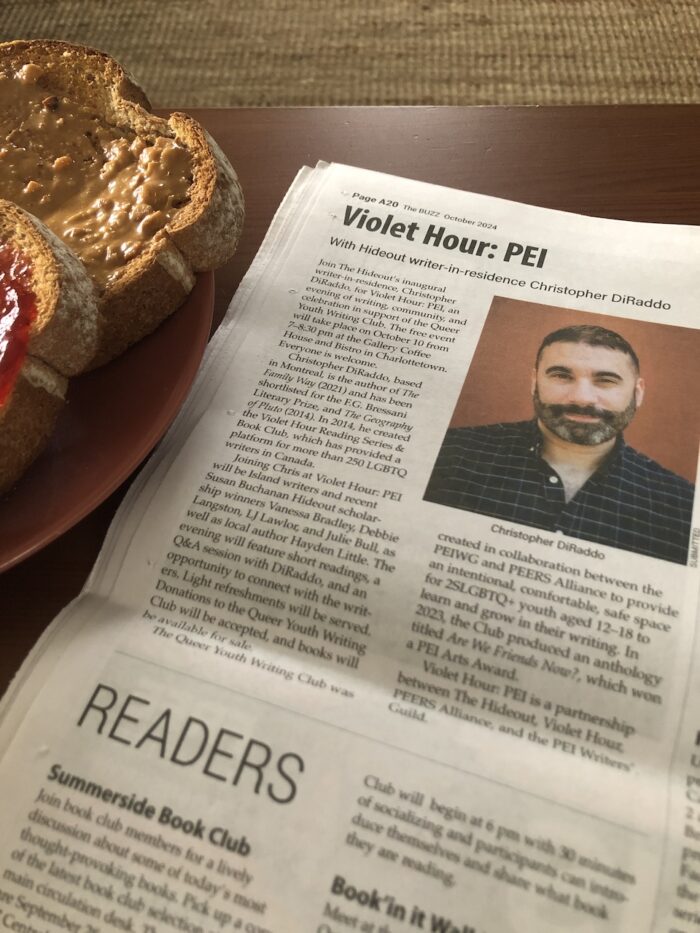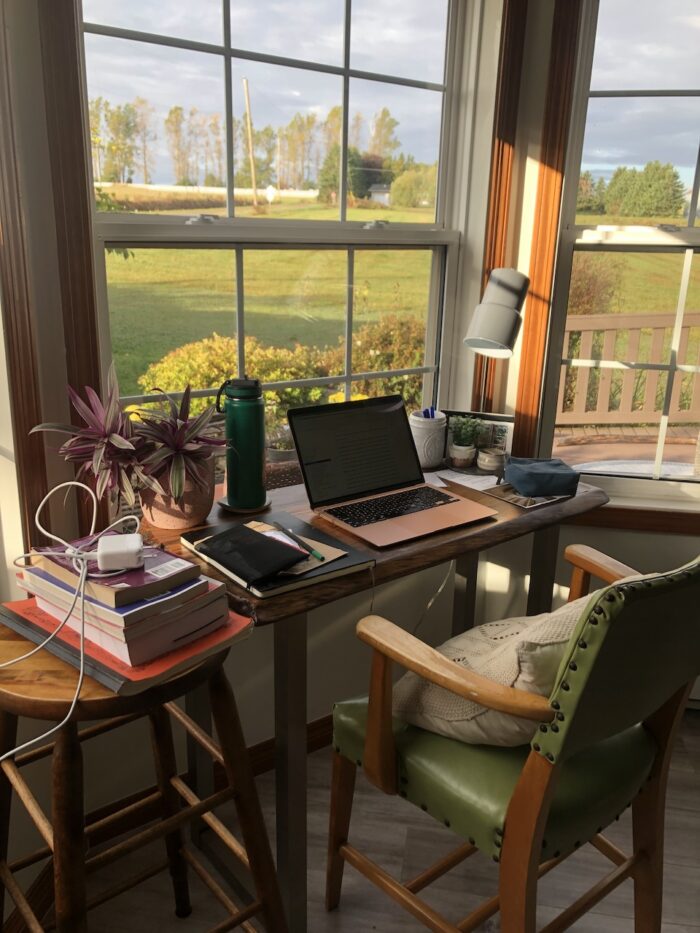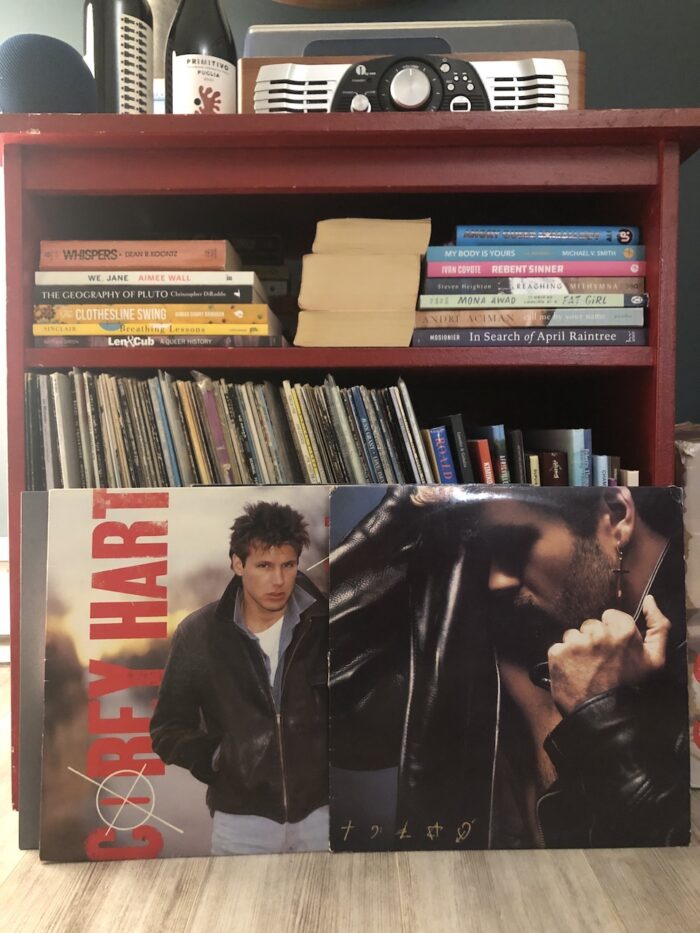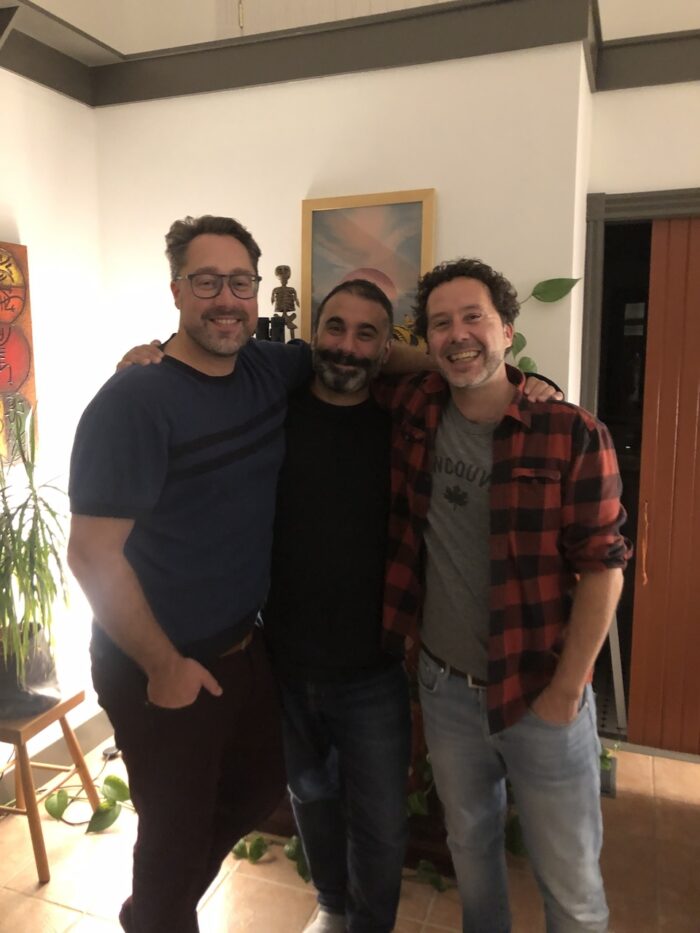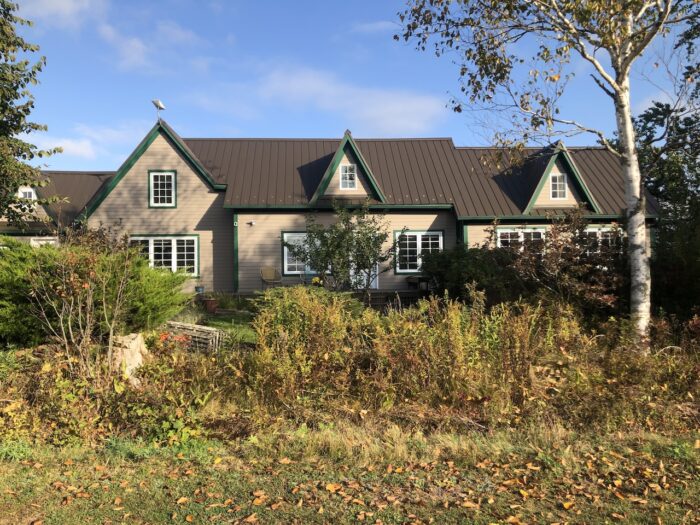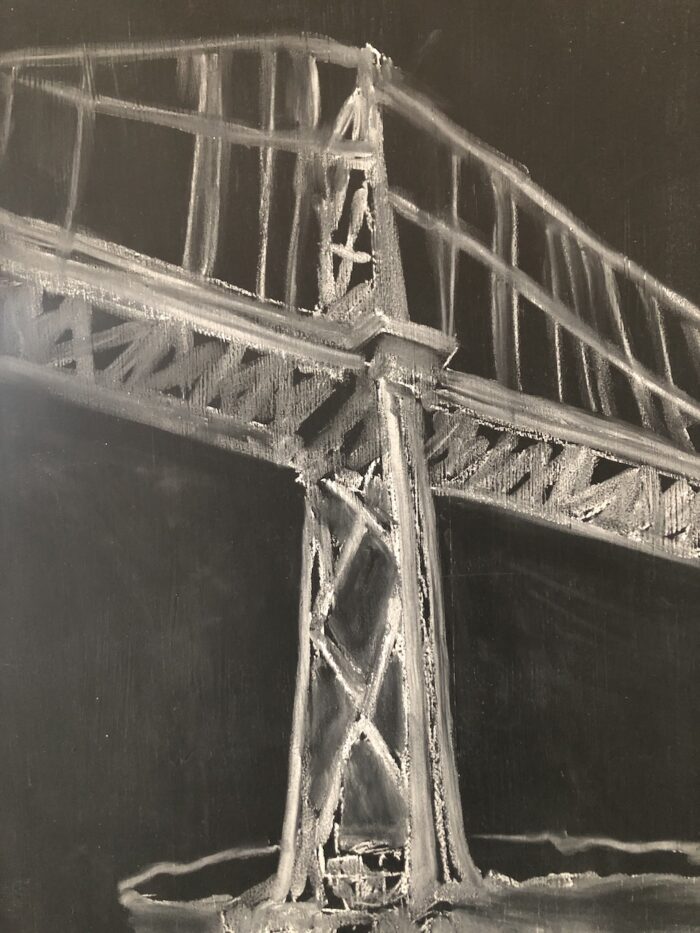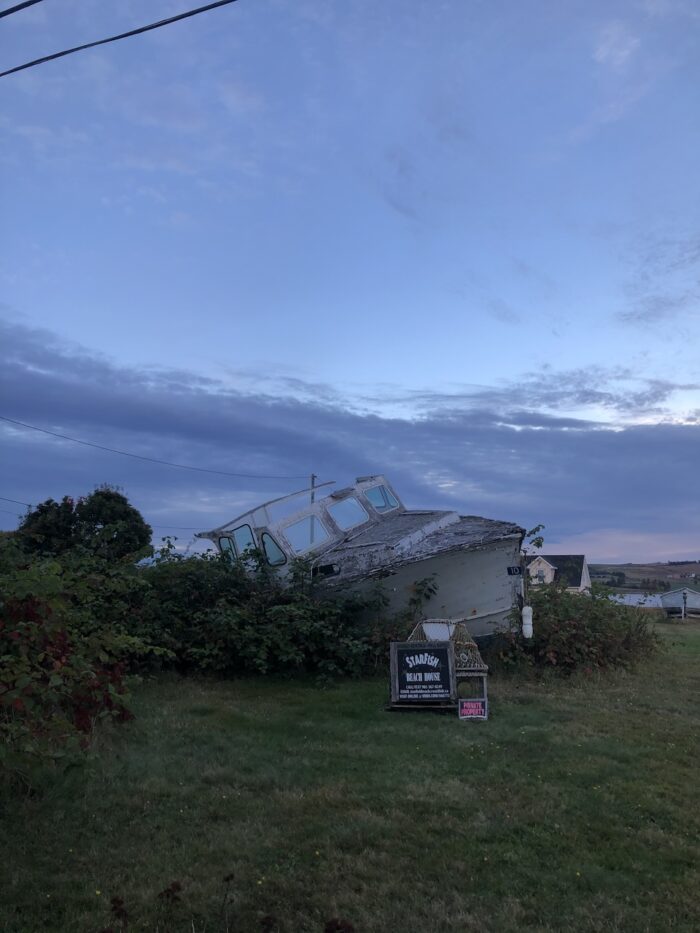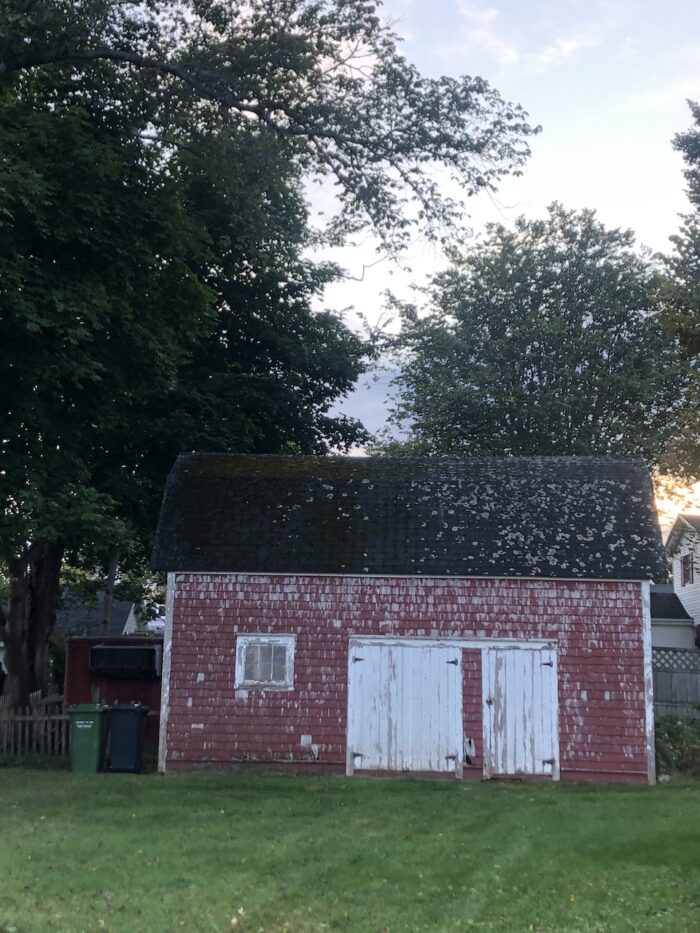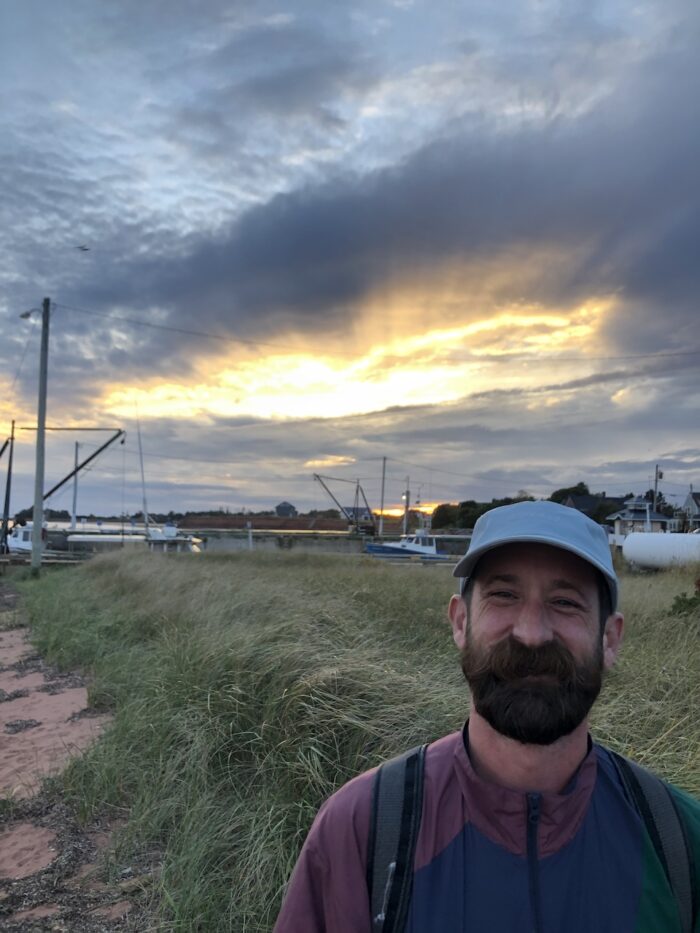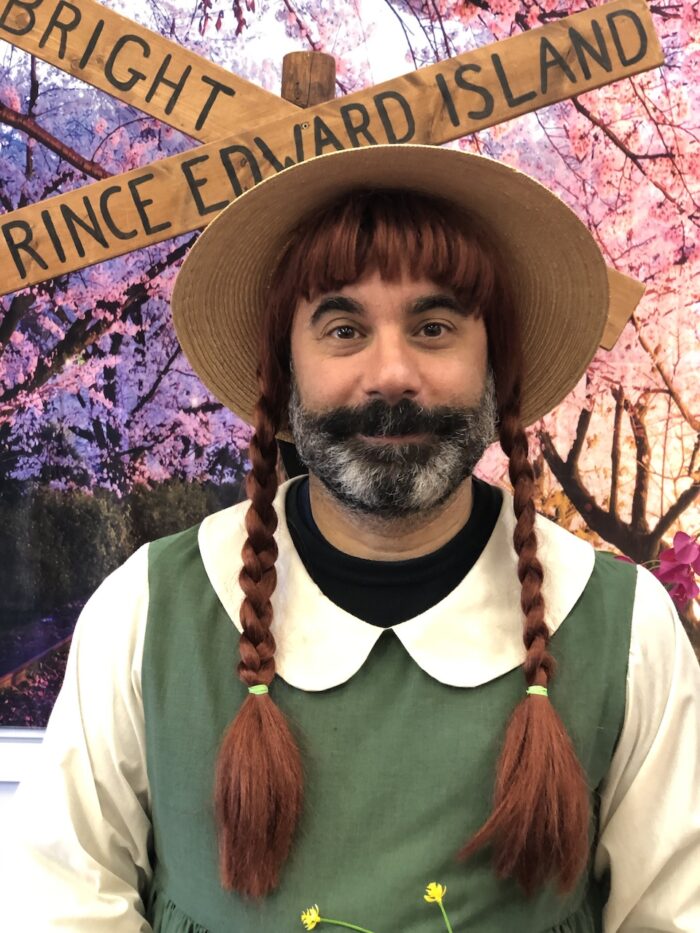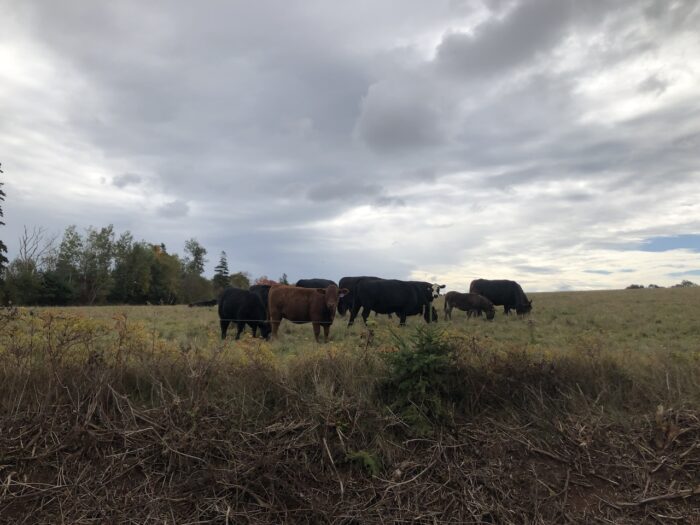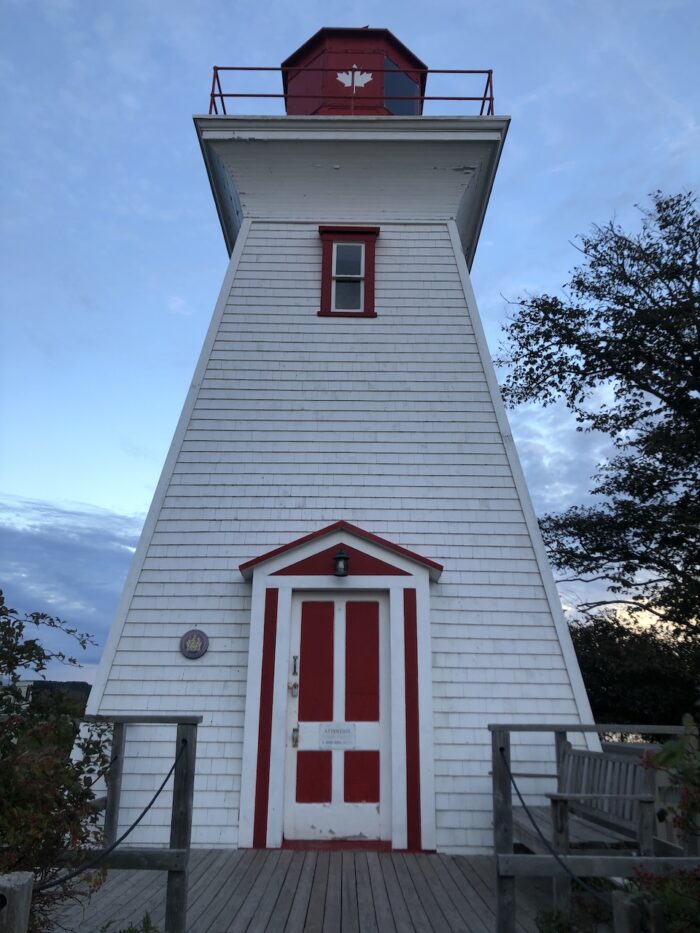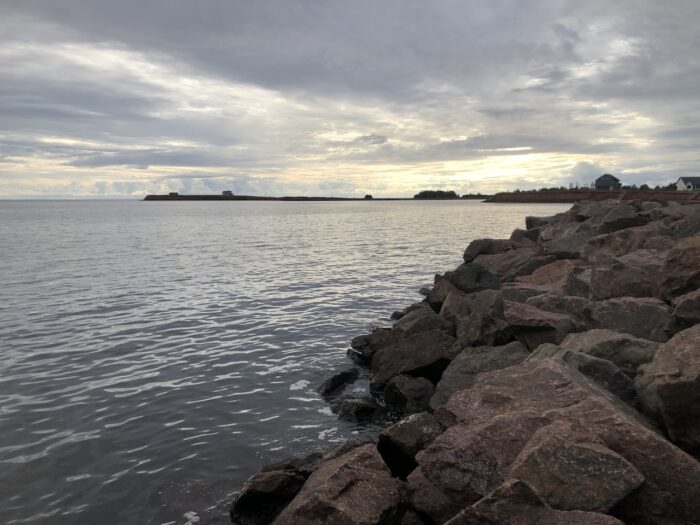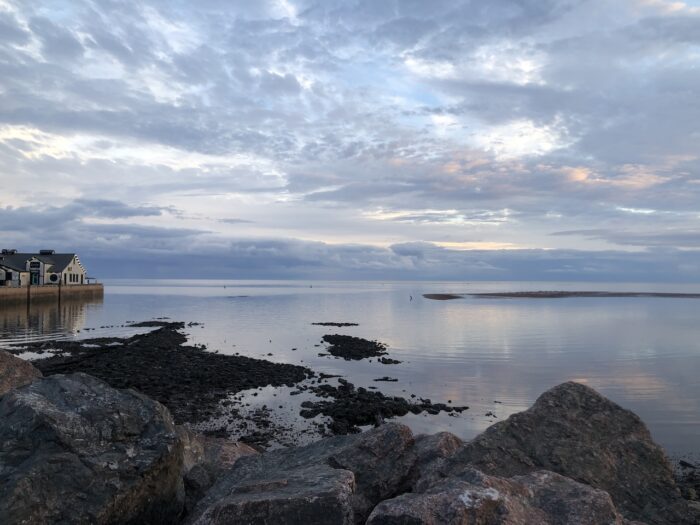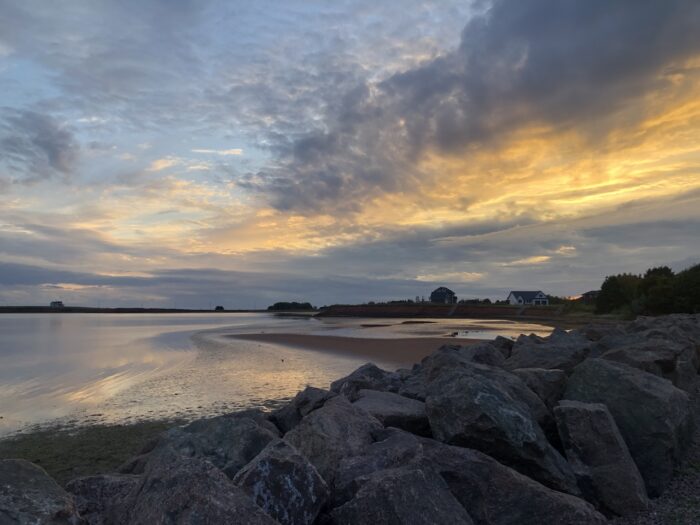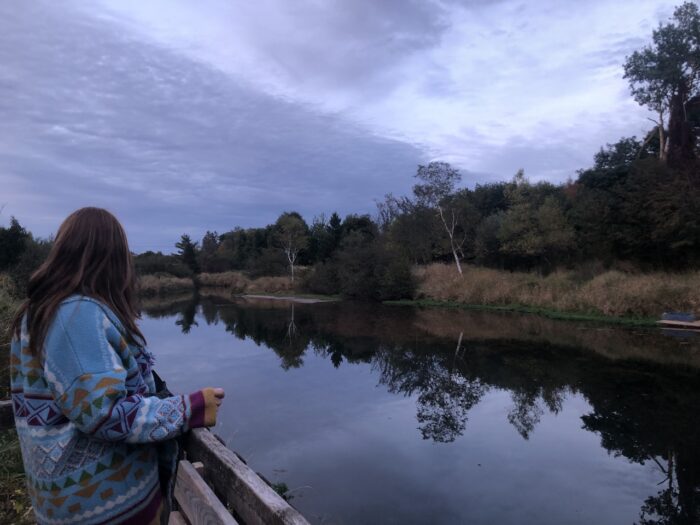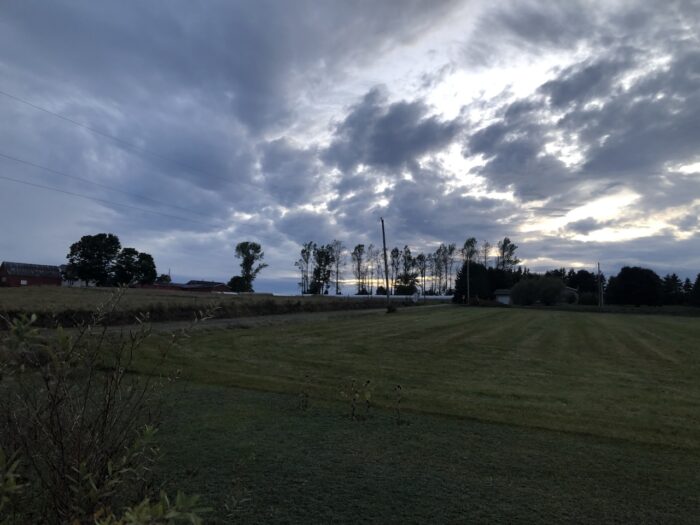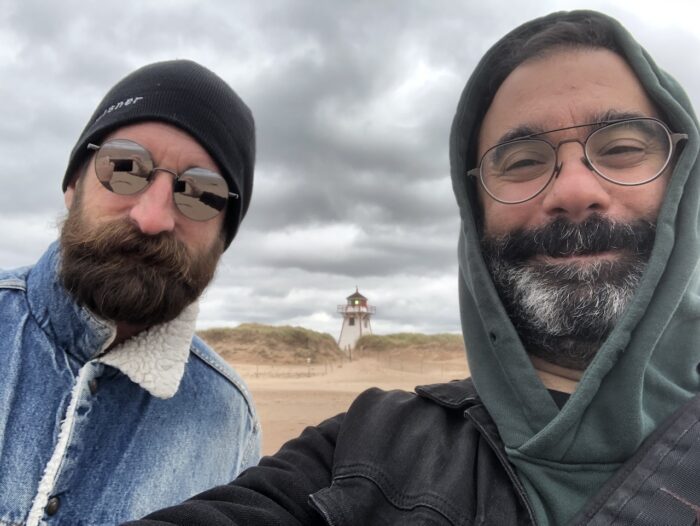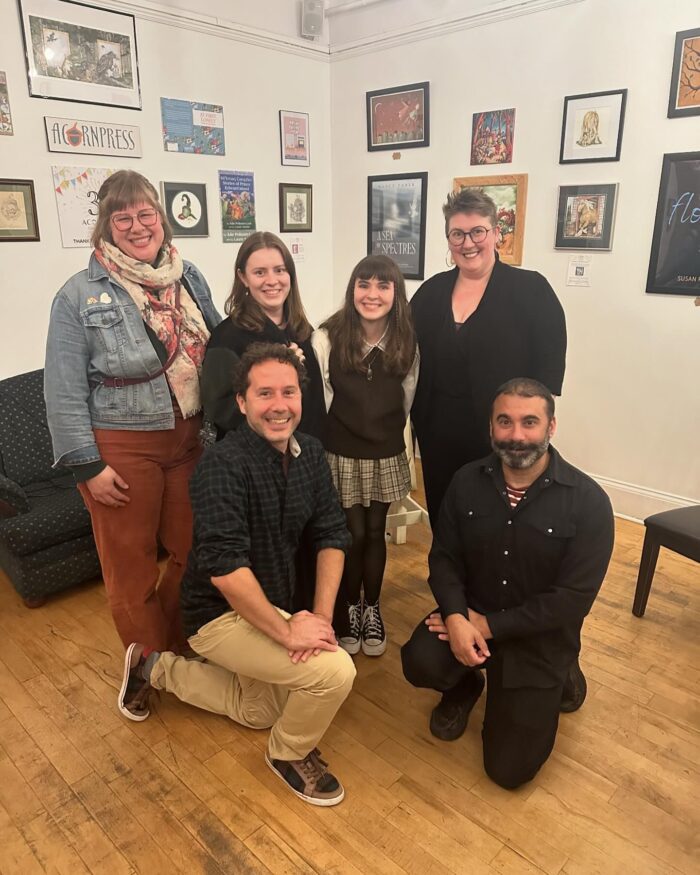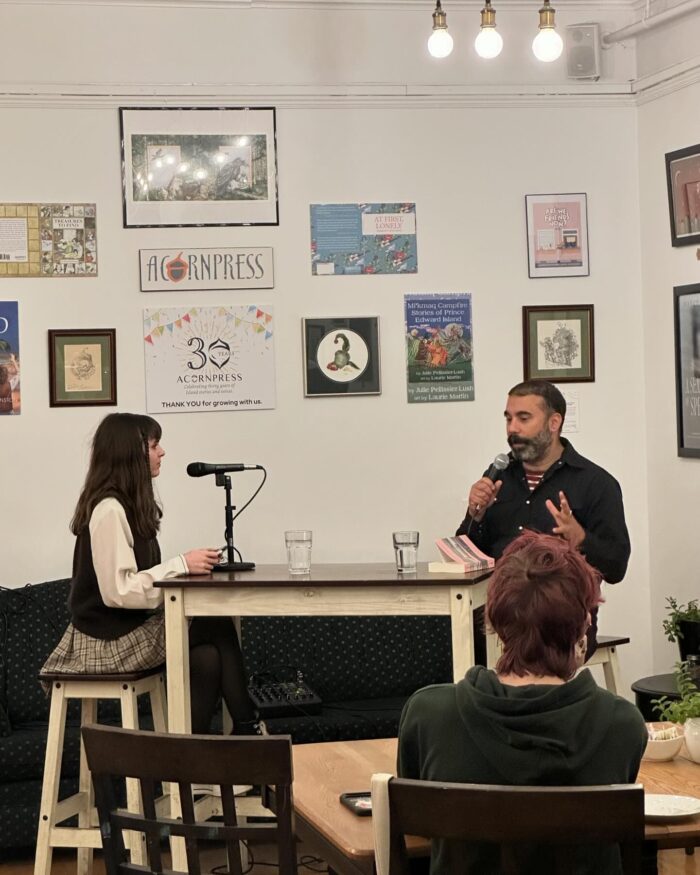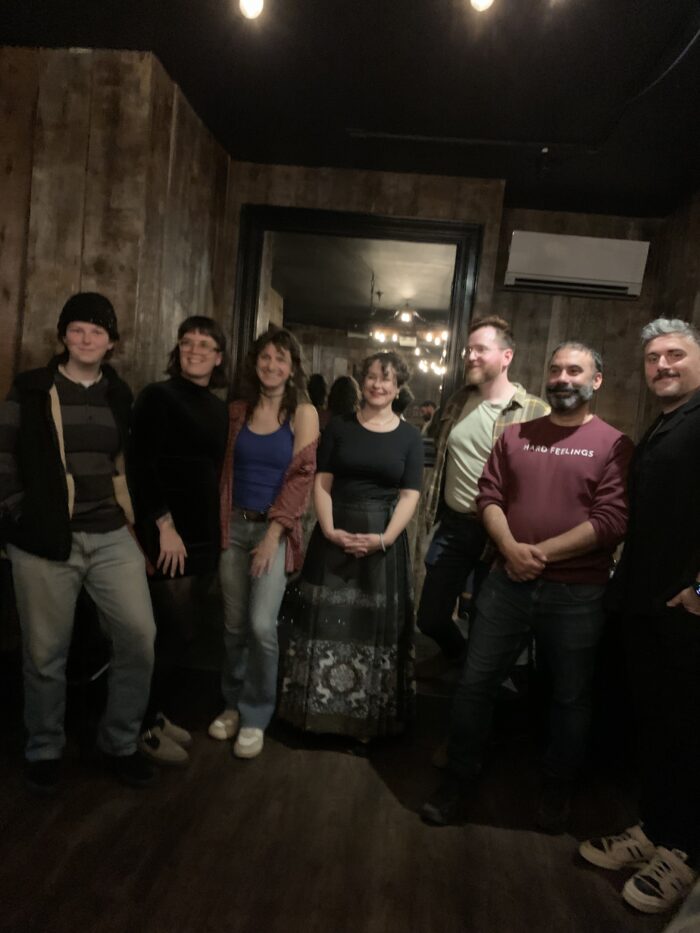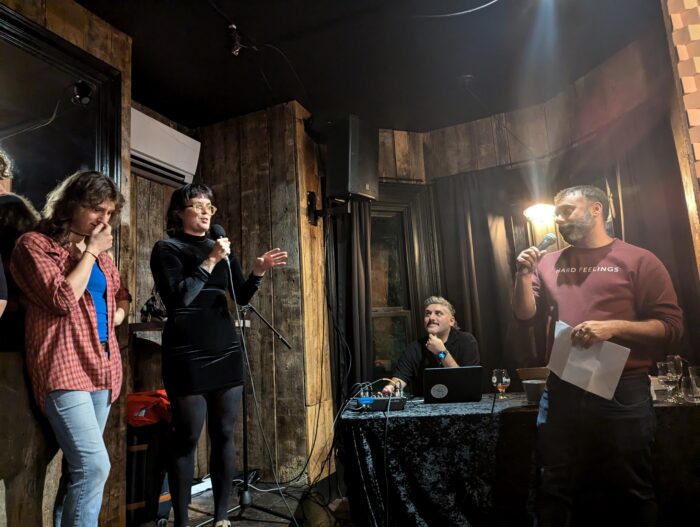I’m not sure if you were following the news a few weeks ago, but our little ol’ book club made quite the stir when we were told we’d be unwelcome at a Montreal city library.
The short of it is, I wrote to Bibliothèque Père-Ambroise in January, asking if we could hold our meetings in its space. Regulars know how much the group has grown (at our last two meetings at the Archives, we ran out of chairs). The library got back to me, informing me that we would have to make changes if we wanted to use their rooms. They cited Law 14 (Bill 96), Quebec’s new language law, in their response. They said, the only way we could use its premises is if we 1) made our club bilingual (no problem with that, we have francophone members, any of whom would be welcome to share thoughts in French), and 2) could ensure translation services for any francophones present.
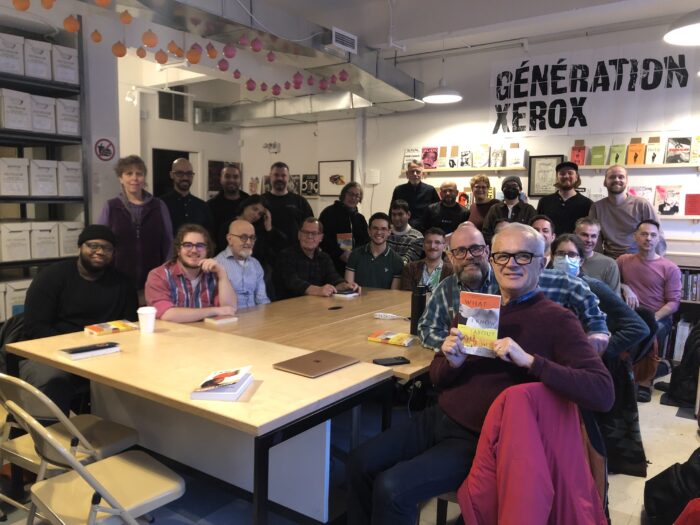
Well, that sounded ridiculous to me. We are an English book club that reads English books. Our francophone members are bilingual and have chosen to read and engage in work in English. Providing these services would be cost-prohibitive and unnecessary. It felt like they were purposely creating barriers to access.
I have lived my whole life in Quebec and have seen these issues come up over the years. I find it extremely tiresome and divisive. Laws do not create culture, people do. I posted about my disappointment online and before I knew it our book club was in the headlines. Political pundits weighed in and I spoke to every major English-language media in the city. Here are some of the reports:
CBC TV
CTV News
The Gazette
CityNews Montreal
The Globe and Mail
OMNI TV
(Unfortunately, The Gazette is the only one I did after my hair cut).

The story has a happy ending, thankfully. By the end of the week, the language minister had released a statement that the charter does not apply to groups like ours, and the City of Montreal apologized, saying they would send out directives across the island so situations like this don’t happen again. This means we have created a precedent in the province, so similar groups will know their rights when dealing with officials around this draconian law.
Because of the attention, I also received dozens of suggestions and offers to host us. Last week, I visited one of the places and it’s perfect. The Espace des Possibles Petite-Patrie is a collaborative community space that hosts dozens of events, including repair cafés and game nights. It’s big and comfortable and free to use. It’s also close to a metro (Beaubien) and as of this spring it will be accessible (they are putting in a ramp in March).
We might still hop around from time to time to check out other spots in the city, but it looks like we have found our new home base for now . See you there in March!






